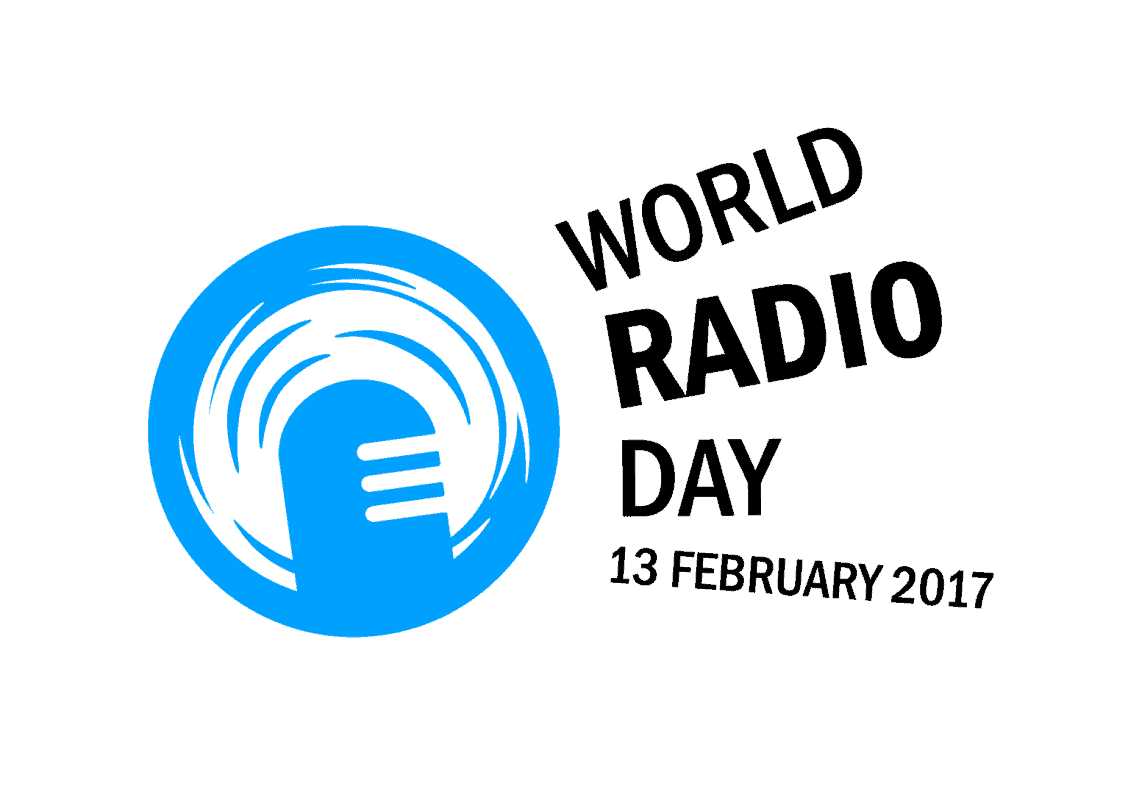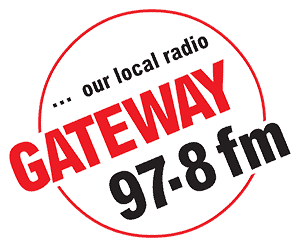
Ads help us keep this site online
Danny Lawrence from Gateway 97.8 is involved with promoting World Radio day and is to be interviewed by UNESCO
Radio around the world is an important tool, especially community radio-
Kristine Pearson for World Radio Day – February 2017
Amina, a Tuareg mother of five told me how a local radio station has made a difference to her community near Tahoua, Niger. “When my husband lost a camel, the family would have to stop what we were doing and go look for i t,” she said. “Even my eldest son had to drop out from school to search for it. When a camel walked off last month, my husband went to our radio station paid some small money and made an announcement. Soon his camel got returned.”
t,” she said. “Even my eldest son had to drop out from school to search for it. When a camel walked off last month, my husband went to our radio station paid some small money and made an announcement. Soon his camel got returned.”
I’ve heard hundreds of heartening and meaningful stories as to why radio remains the most practical and important communication medium across Africa. In recognition of World Radio Day with the theme Radio is You, here’s why community remains a vital personal and mass communication tool.
The 6 reasons
1. It informs people on what’s going on in the community where they live, not just in the capital city. A farmer in northern Mozambique told me that she doesn’t care what’s going on in Maputo. She’s never been there.
2. People want to listen to news, call-in shows, health programmes, farming announcements or sports in their own language. Secondary school students in Schoemansdal, near Swaziland in South Africa, spoke to me about listening to death announcements on the radio. This area has a 25% HIV/AIDS prevalence rate.
3. It helps build a sense of community, giving a voice to the voiceless. Listeners are empowered to express their point of view on what matters to them. In Kenya’s Dadaab refugee camps, women’s listening groups call the local station stimulating debate on topics in Somali culture like female genital mutilation, early marriage and women’s rights.
4. Everyone can get involved in the station’s programmes. Listeners become active participants in their own communication network. Locals become board members, managers, technicians or even journalists. In southern Zambia, agroforestry expert, Bornface (below), has created radio programmes for farmers telling them about natural pesticides,  crop rotation, tree planning and climate change that could impact rural livelihoods.
crop rotation, tree planning and climate change that could impact rural livelihoods.
5. It promotes economic growth. Local entrepreneurs and traders can advertise their businesses. (Political parties are not permitted to advertise on community stations.) In Sengerema, Tanzania, Ezekiel, a furniture maker saw designs on the IKEA website at the nearby cyber café. He told me how adopted these ‘modern designs’, advertised them on the community station, more than doubled his business, and hired two additional wood-workers.
6. It preserves local culture and traditions. In rural Kwa-Zulu Natal, South Africa, a community station broadcasts a “Voices of the Ancestors” in which grandmothers and grandfathers tell stories of their Zulu ancestors and pass along traditional wisdom. In an area with a disproportionately high number of orphaned children, the programme helps them understand and value their cultural identity.
